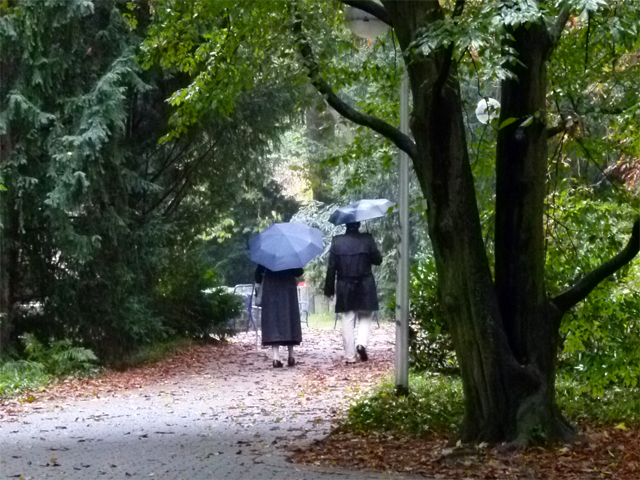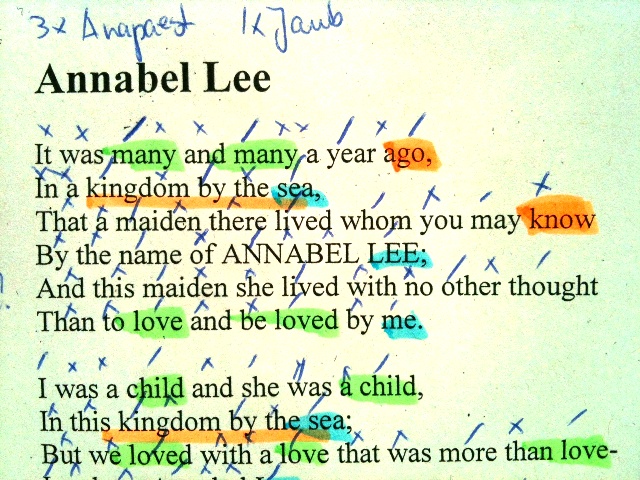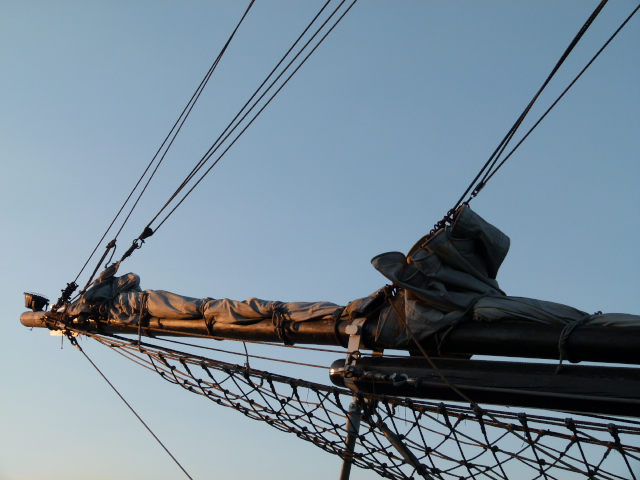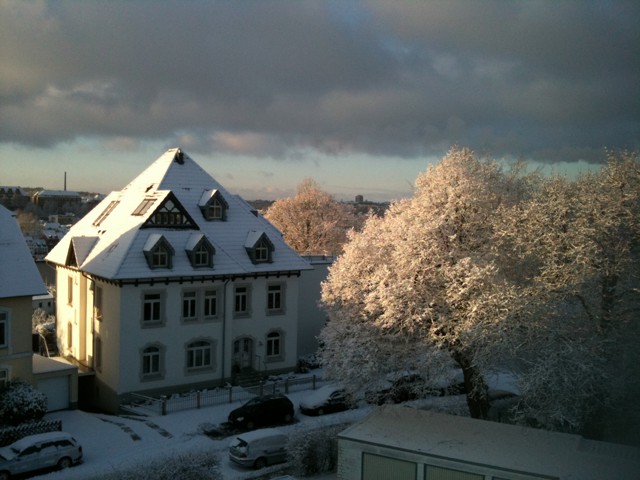Category: other people’s writings
-
To him, it is as though a thousand bars existed…

-
Venice, by Arthur Symons
-
A potentiality of lime trees

-
’cause I taught it last week

-
TDLaSM: Emily Dickinson – XXXI
-
TDLaSM V
-
TDLaSM IV
-
8 years
-
Things Dearly Loved and Seldom Mentioned III
-
Annabel Lee

-
Things dearly loved and seldom mentioned
-
Poetry at work
-
Poetry at work
-
The wind of heaven

-
I think she dreams of beauty and singing rhythm

-
There are doors

-
I wish that could be me.

-
Adieu, slow journeys

-
A torrent of change

-
There’s a certain slant of light…
